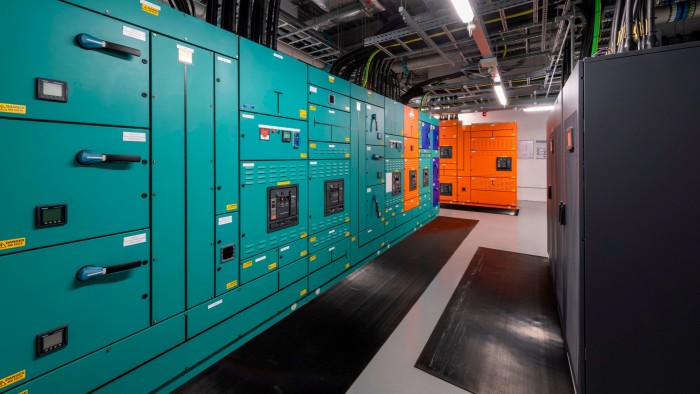Unlock the Editor’s Digest for free
Roula Khalaf, Editor of the FT, selects her favourite stories in this weekly newsletter.
A supercomputer at Edinburgh university is set to receive £750mn as part of Wednesday’s spending review, reversing a contentious decision to suspend funding made in the early days of Sir Keir Starmer’s government.
The decision to fund the programme will come as a huge relief to academics and industry, who say the computing power will be needed to drive Britain’s nascent AI industry and run complex scientific simulations.
The £750mn will come alongside a further £1bn investment into the AI Research Resource, a separate cluster of computers for AI research by academics and industry, according to two people briefed on the plans.
Once development is complete, the Edinburgh supercomputer is expected to be the most powerful in Britain, the people added.
In July last year, shortly after taking power, the Labour government pulled about £800mn that had been pledged to Edinburgh university for the supercomputer, claiming the previous Conservative administration had failed to allocate the money properly.
The move sparked a backlash from technologists who complained there had already been long delays to investment in a British supercomputer, and that the UK was beginning to lag behind peer nations.
Edinburgh had been planning to build a so-called exascale supercomputer on site, which would be able to produce a billion billion operations a second. The university had already spent £30mn on infrastructure for the machine.
The US has three fully functioning exascale computers, while people in the sector believe China has two in operation, with a third under development. Japan, the EU and France are in the process of building their first exascale computers, which are expected to be online in the next few years.
In January, Scottish secretary Ian Murray told the Holyrood parliament that Edinburgh’s supercomputer had never been “cancelled” and was instead being “reassessed’.
The same month, Starmer said that his government aimed to increase government-owned compute capacity 20-fold by the end of the decade.
The government also promised to set out a 10-year compute road map that would contain commitments on future investments in national computing infrastructure.
The government will award taxpayer support for the project as part of the spending review on Wednesday, according to people briefed on the plans.
Chancellor Rachel Reeves will allocate up to £113bn for capital and infrastructure projects as part of the review, as she seeks to convince the public that the government is taking novel steps to drive up economic growth.
Reeves changed the government’s fiscal rules at her October Budget to increase the amount she could borrow to fund capital investment.
The UK in November dropped out of the ranking of locations of the 50 most powerful computers in the world, according to the well-respected Top500 index.
However, an updated version of the list, published on Tuesday, placed a government-funded supercomputer at Bristol university called Isambard-AI at number 11, along with another UK supercomputer positioned at number 26.
Isambard-AI is still eight times smaller than the most powerful supercomputer in the world, which is located in the US.
